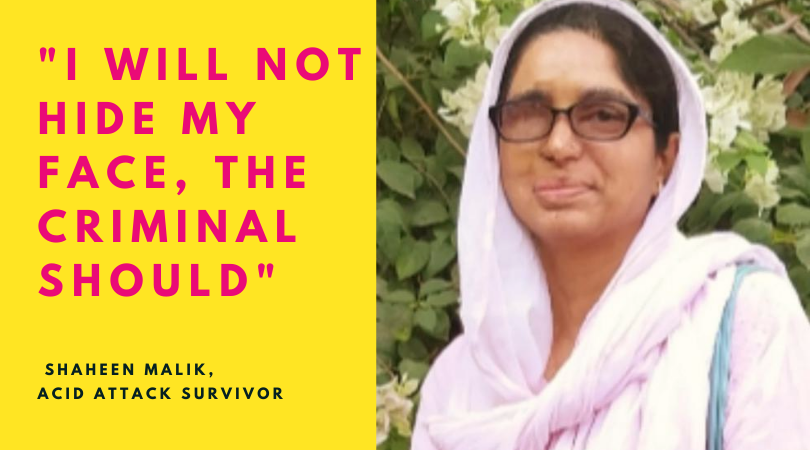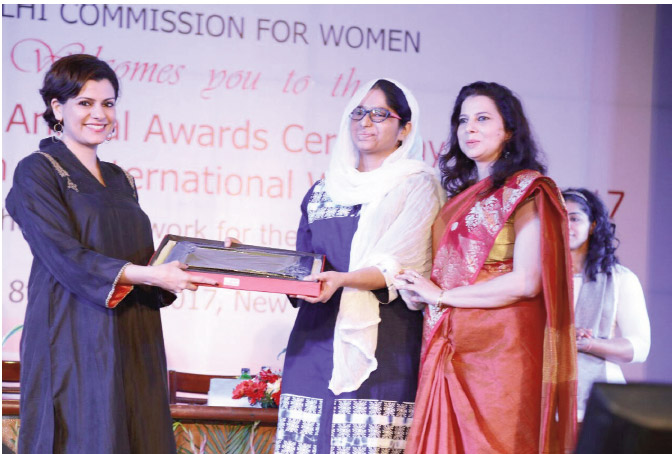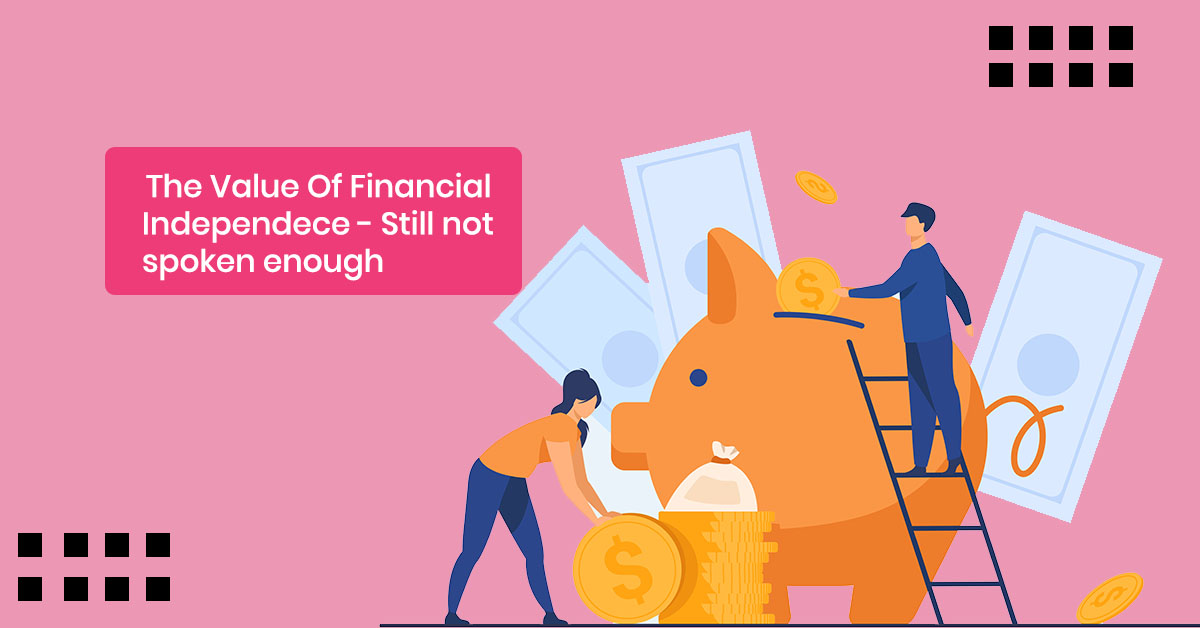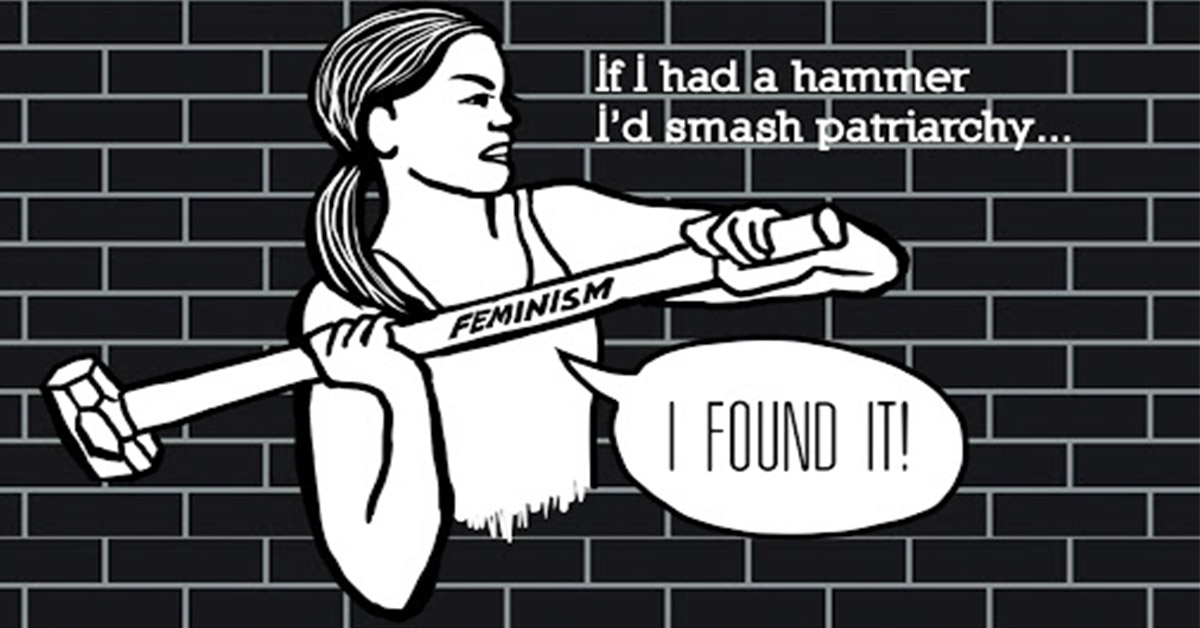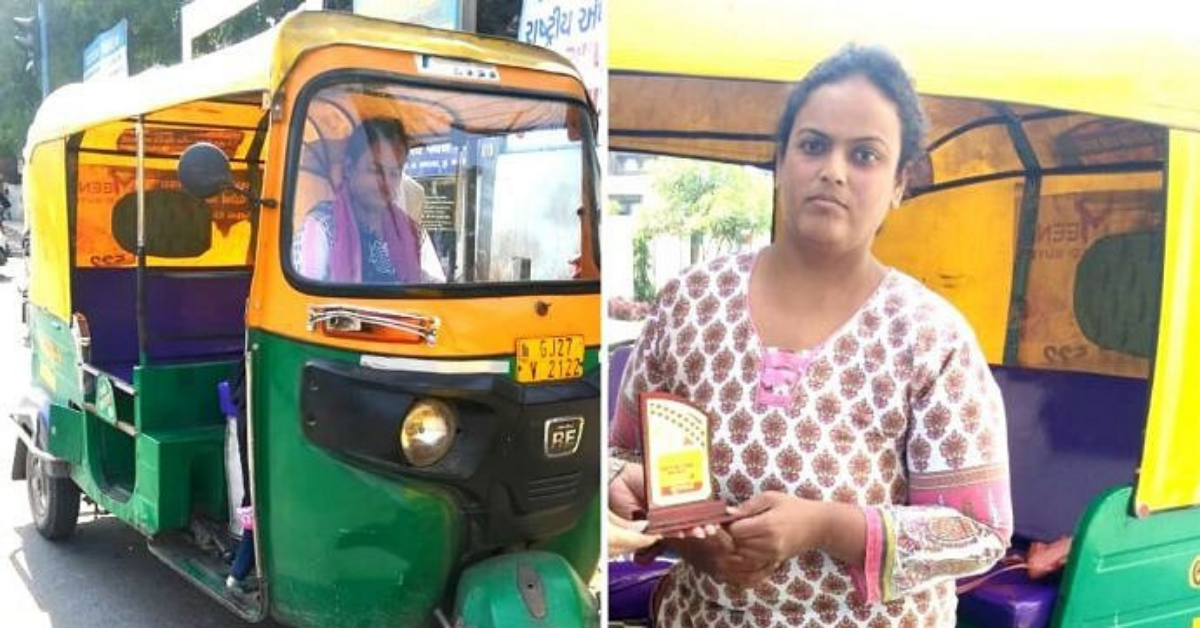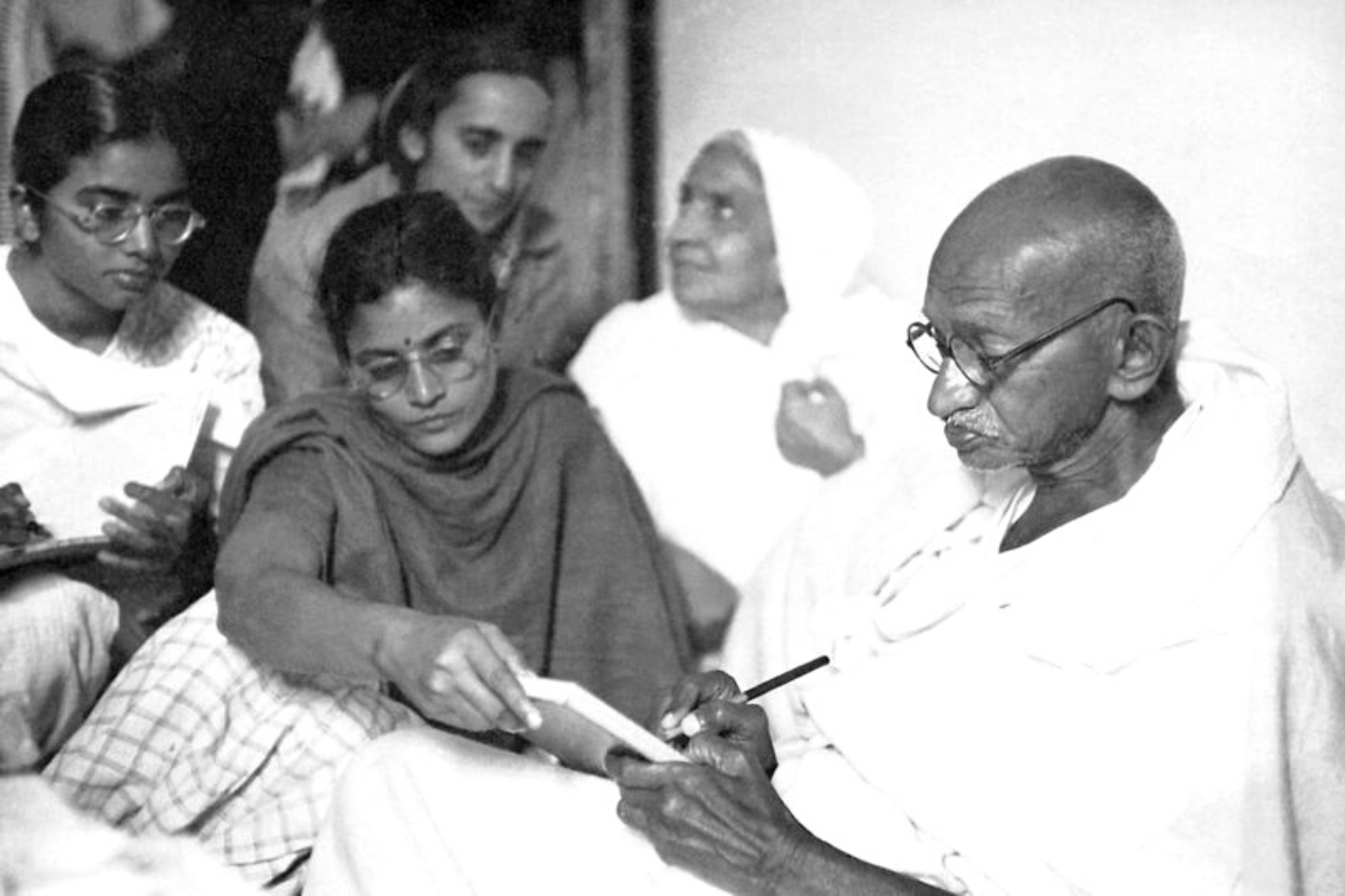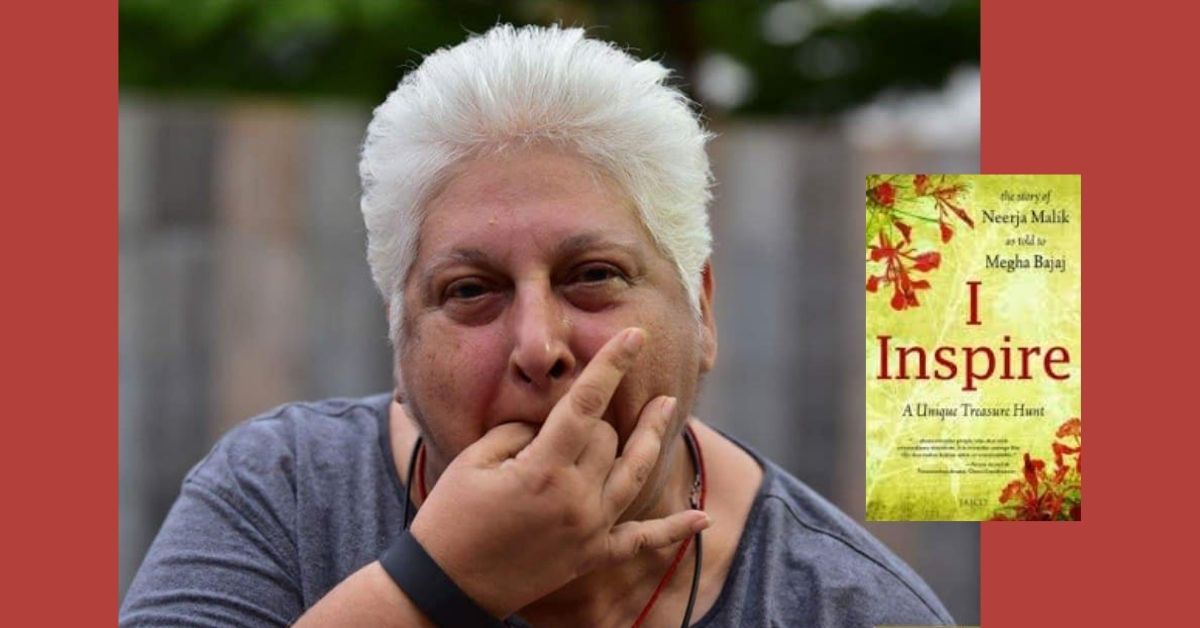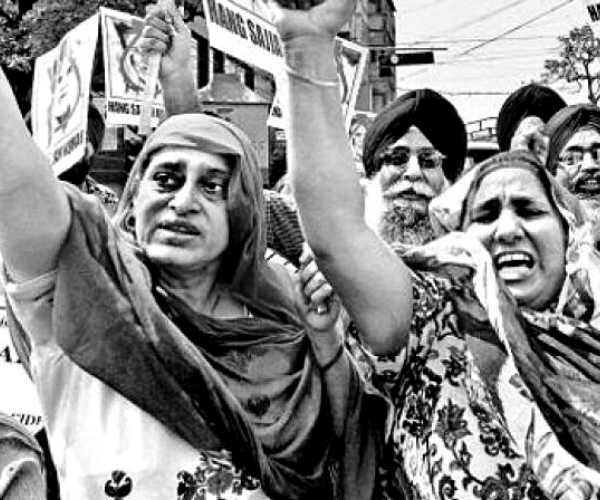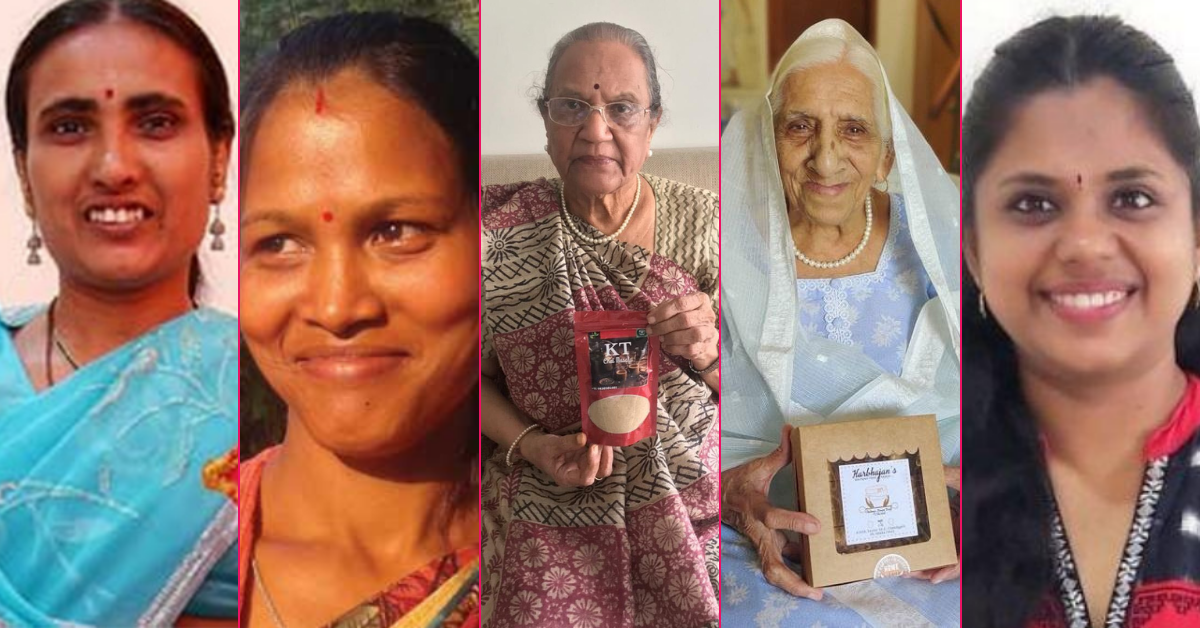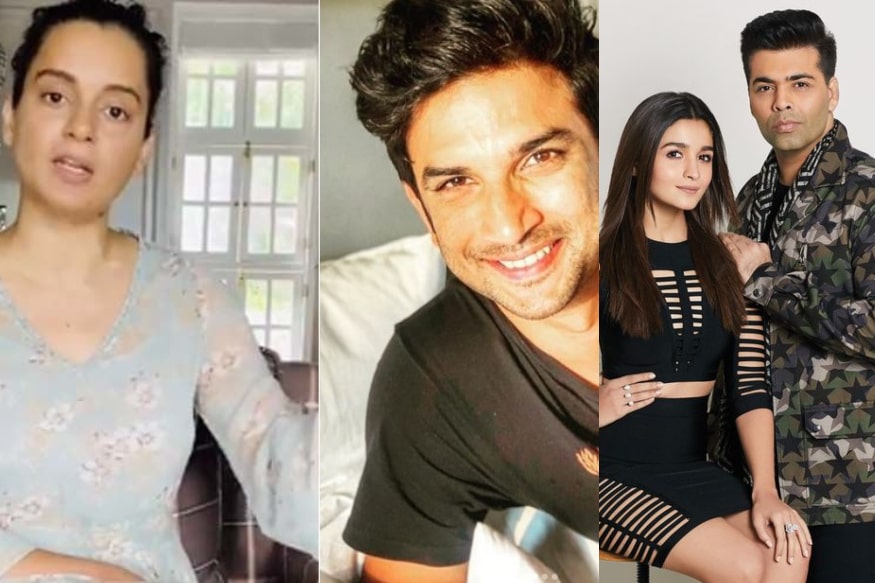Like any acid attack victim, I could start Shaheen Malik’s story with the usual who, what, where, when, how, or why. The story isn’t very different- a young pretty ambitious girl who rejected the advances of a man. Let’s change the narrative here because the Shaheen that was and is now, is definitely not the same.
Present-day 2020. Meet Shaheen Malik- Director of Campaign Against Acid Attack at Human Rights Law Network. She is also a part of many other initiatives like Delhi Commission for Women, Sheroes, Stop Acid Attacks. Shaheen has been helping acid attack survivors fight legal cases, get counseling, and find jobs. She has been actively fighting against the sale of acid being sold in shops.
“My experience since my attack and my work with HRLN has taught me a lot,” says Shaheen. “It has given me confidence and support. I handle the Campaign Against Acid Attacks here nationally. I get in touch with survivors, ensure their treatment and counseling, get their FIRs registered and statements taken. I also try and get them employed to make them self-dependent. Becoming an activist for acid attack victims exposed me to the suffering of others and made me more empathetic. I see worse cases than mine, I still have a partial vision in one eye. Helping them gives me the feeling that I have made a positive contribution to society in my own small way.”
After loss of one eye, partial vision loss in the other, 20 reconstructive surgeries on face and lakhs of money spent on eye drops and operations, Shaheen could have been just another victim of an acid attack but she decided to be a fighter instead.
After the incident in 2009, life was a downhill ride. A smart, intelligent, and pretty girl from Delhi, Shaheen aspired to be successful, independent, and make a mark for herself in the world.
“I come from Delhi’s middle-class Muslim family”, says Shaheen. “Despite my conservative background I was a free-spirited girl with dreams and ambitions of my own and always fought for it. I was pursuing my course at Punjab Technical University, Panipat Haryana. I was working part-time at an office and my boss was making unwanted advances at me. I even left the job once but my need for money and also the fact that my mark sheet was in his possession made me join back. One unfortunate evening he stalled me at work for no reason, spoke to someone over the phone, and then asked me to leave suddenly. When I got to the road, a masked man was standing there and suddenly threw something on my face.”
Shaheen was attacked with acid in a public place and in broad daylight. All she remembers was not the pain, but fear. And her deafening screams. A crowd gathered and stared at her not knowing how to help.
“Had someone helped me by splashing water on my face then, perhaps my eye would have been saved”. This lack of awareness amongst the public and the delay by the medical institutions for admitting her and treating her on time cost Shaheen the loss of an eye. Predictably, Shaheen was sent running from one hospital to another as they refused to treat a “police case”.
“I have a partial vision and I need help around at times. It’s been 11 years now but I still refuse to fill the disability form because I am in constant denial that I am disabled. I can’t bring myself to accept the fact that I come under the disabled group even though I know I will receive benefits under it.”
“The physical pain is so intense that you forget about the mental trauma. When they first threw water on me, each drop felt like a thousand needles on my skin. I still get goosebumps thinking of it. At every point of my treatment, I felt that my life was slipping away from my hands”, says Shaheen.
Trauma, PTSD, depression, low self-esteem, disappointment, anxiety, lack of confidence, acceptance are just some adjectives that can be used to describe the mental turmoil an acid attack victim faces. “It is like being robbed of your identity, I just wanted the old me back. The other part of the physical pain is when the skin starts contracting after 2 months. For 8 years I tried to look for my eye treatment around the world. The financial strain on the family is not something I can even explain.”
In 2013, the court had ruled in favour of acid attack survivor Laxmi Agarval and imposed restrictions on acid sale. It also ordered compensation to be paid by the state governments to each acid attack victim. This gave Shaheen new hope. But the shame here is the fact that even 10 years later, justice has not been served to Shaheen. The accused still roams free and the case is still pending trial in the supreme court.
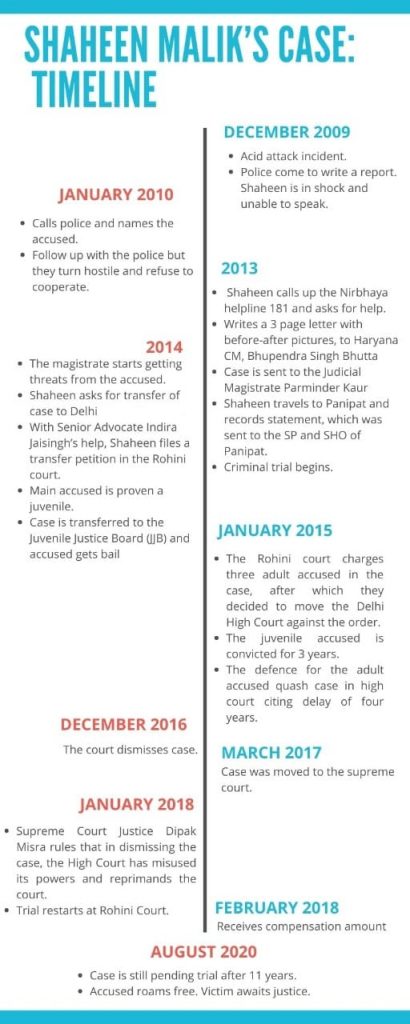
Shaheen’s message to the society
Acid attack victims need medical, legal, emotional and financial support. “Thousands of cases still don’t make it to FIRs. The apex court has mandated free treatment for acid attack victims but its implementation is not done in the right manner.” Compensation should include not just the cost of recovery but also enable these survivors to move on in life. While increased media attention makes more victims report the incident, there is still a lot to be done, feels Shaheen. Create more job opportunities for them so that they can be financially independent and gain their confidence back.
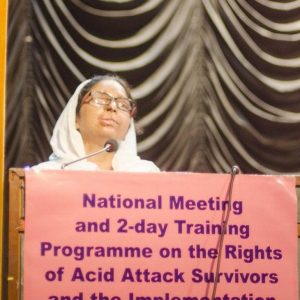
“We need to raise sons with more sensitivity towards the other gender. Understanding consent, handling rejection, and anger management should be taught to them from an early age. This patriarchal entitlement and misogynistic mindset that is present in men is the root cause of this crime. I often advise the youth during my talks that it is okay to be said no to by a girl and that her decision should be respected. Don’t treat it like a self-esteem issue.”
Lastly, “Agar acid bikta hi nahi toh yeh hota hi nahi (If acid wasn’t sold freely this would have never happened with me)”, she says. This is why she has chosen to work for the ban to be implemented and urges the public to support the cause. The Delhi High Court in February 2020 sought the Delhi government’s stand on a plea by Shaheen.
Shaheen refuses to hide her face. She has decided that no matter the stares, she will not cover her eye or her face from the public. Always a fashionista, Shaheen wears what she likes. “Why should I hide my face when the criminal is roaming scot-free? I am not the guilty one here. He should hide his face out of shame, not me.”

